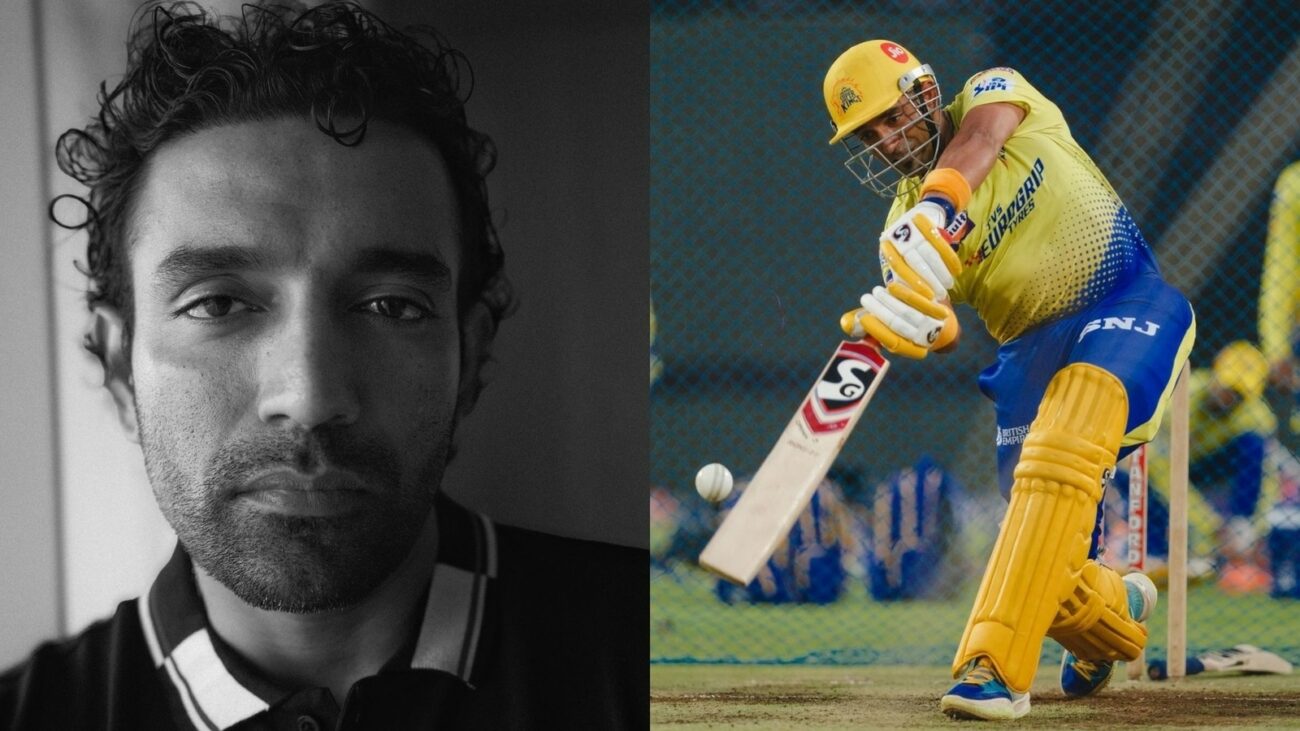Mental Health Crisis in Sports: Athletes Speak Out
The tragic loss of English cricketer Graham Thorpe to suicide at the age of 55 has brought the issue of mental health in sports to the forefront. Thorpe’s widow revealed that he had been battling “major depression and anxiety” for a prolonged period.
This incident has resonated with former Indian cricketer Robin Uthappa, who has opened up about his own struggles with depression. In a recent episode of his YouTube series, Uthappa shared that he reached a point where he couldn’t look at himself in the mirror due to feelings of shame and worthlessness.
Uthappa’s story highlights the prevalence of mental health issues among athletes. Statistics indicate that the suicide rate among college athletes has doubled between 2002 and 2022. The mental health epidemic extends beyond cricket, with renowned athletes such as Michael Phelps, Simone Biles, and Naomi Osaka speaking out about their experiences.
Athletes face unique pressures that can contribute to mental health challenges. The constant pursuit of excellence, coupled with public scrutiny and expectations, can take a toll on their emotional well-being. Dr. Arushi Dewan, a clinical psychologist, explains that athletes often tie their self-worth to their performance, leading to a cycle of self-criticism and guilt.
The solution lies in seeking professional help. Dr. Dewan emphasizes that delaying therapy will not alleviate symptoms of depression. Athletes need to prioritize their mental health and engage in therapy to effectively manage their struggles.

